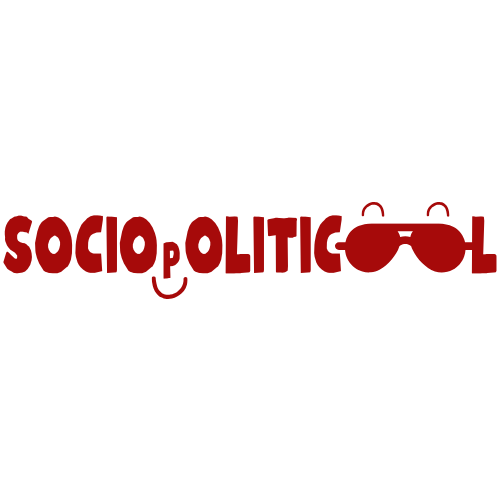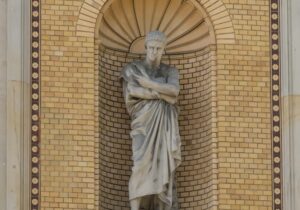Sapiens is not about whether God created the world or started super small, super hot, and super dense, and bang! The Earth appeared!
Science says species evolved through natural selection over millions of years, while the Bible says God created all species.
Instead, it is about how Homo sapiens became the most dominant species.
Yuval Noah Harari, the author of the book (who is still alive), explains how natural selection and genetic changes over millions of years shaped our bodies and brains, giving us advanced cognitive abilities.
These enabled us to develop language, imagination, and cooperation, which make us more capable than other human species.
Yuval Noah Harari Wrote Sapiens
Yuval Noah Harari is an Israeli historian and professor born in 1976. He has many books about humanity, but we will talk about Sapiens here.
In Sapiens, he explores how we have outcompeted or wiped out other human species, and what could happen to us in the future, given that technology is becoming smarter and slowly replacing us at work.
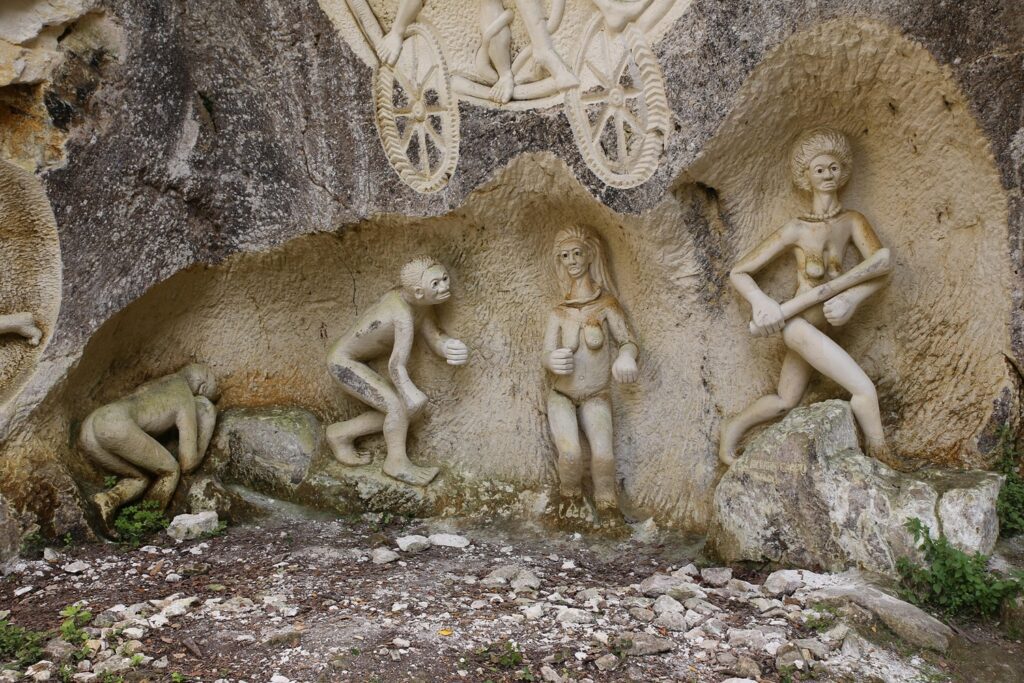
Sapiens Is About You, Me, and Them
Harari talks about our ancestors, but he focuses on us, the Homo sapiens. That is the title of the book after all.
He breaks down how we came to dominate the world, not through strength but cooperation and shared beliefs.
Homo Sapiens Is Just One Species of Humans
Homo sapiens were not the only humans to ever walk the Earth.
We once shared the planet with at least five or six other human species, such as the Neanderthals and Homo erectus.
Before us, Homo habilis, Homo erectus, Homo floresiensis, Homo naledi, Neanderthals, Denisovans, and others now extinct existed as earlier humans.
But now, we are the only ones left. What makes us special, you ask?
According to Harari, our ability to cooperate in large numbers, thanks to language and shared stories, gave us the edge.
The Major Revolutions in Human History
Harari divides human history into three major revolutions that drastically changed how we live: cognitive, agricultural, and scientific.
Each of these revolutions had trade-offs. They brought progress, but also suffering, inequality, and environmental destruction.
Cognitive Revolution
The Cognitive Revolution happened around 70,000 years ago. It was the time when we began thinking in complex, abstract ways.
We developed a language that could describe things in the past, present, and future, and even things that don’t exist, like gods.
This has allowed us to transmit knowledge across generations, sparking a chain reaction of shared ideas and innovation.
As collective thinking expanded, so did culture, religion, belief systems, political structures, and opportunities, among others.
Agricultural Revolution
The Agricultural Revolution began about 10,000 years ago. Farming crops and domesticating animals became “work.”
It is “history’s biggest fraud” according to Harari. Why?
While it fed more people, it made life harder. Farmers, in particular, work longer hours, suffer more from disease, and live in rigid social structures.
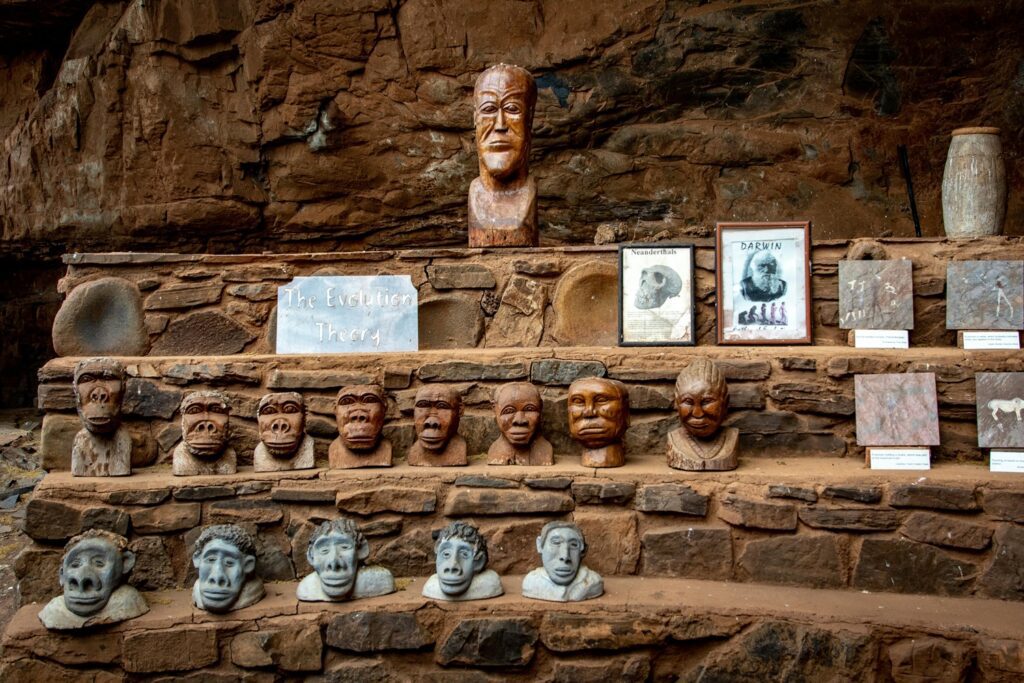
Scientific Revolution
The Scientific Revolution started around 500 years ago and is still ongoing.
It changed the world by encouraging us to seek knowledge, experiment, and innovate. It led to discoveries and industrialization.
During the Industrial Revolution, machines replaced hand tools, factories grew, and cities expanded rapidly.
Harari links it to capitalism and imperialism because new technology made countries and empires richer and more dominant.
But it also created environmental crises, nuclear weapons, and artificial intelligence, which have negative impacts on us.
Everything in the World Is Created by Humans
According to Harari, much of what shapes our lives doesn’t exist in nature. These are all human inventions, or what he calls “imagined orders.”
They are real because we believe in them collectively. Without shared beliefs, our societies would collapse. But they are not biologically real.
Collective Learning
Unlike animals, we can build on each other’s knowledge across generations.
We pass down information, good or bad, through language, writing, and now digital media. This fuels human progress.
Imagined Order
The “imagined order” refers to the systems and ideas we all agree to believe in, even though they are not physically real.
Think of human rights, numbers, letters, and even money: A dollar bill has value only because people trust that it does.
We live in the stories we have created, so we can make changes if needed.
Are Humans Happier Now Than in the Past?
This is one of Harari’s provocative questions: With all our progress, are we actually happier? He is unsure.
According to him, ancient foragers may have had more balanced lives, less overwork, and fewer social pressures.
Happiness doesn’t keep increasing with money because emotional well-being depends more on relationships, purpose, and health than wealth.
He even brings in Buddhist ideas about desire and contentment, hinting that inner peace might matter more than progress.
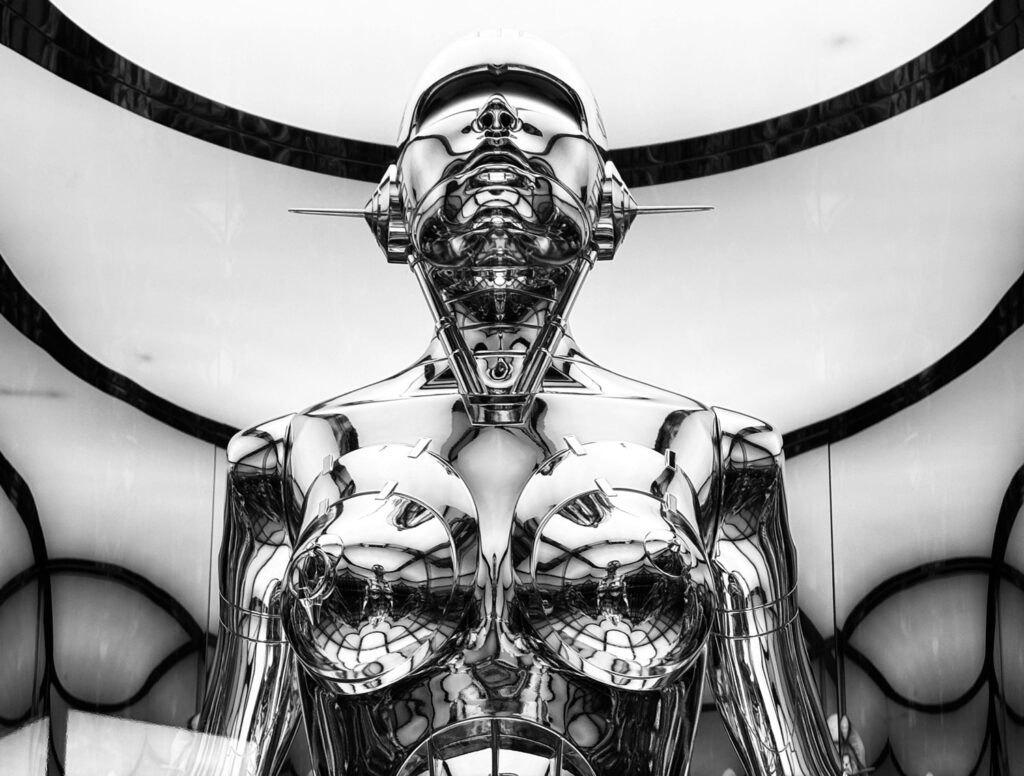
What Might Humans Become in the Future?
With biotechnology, artificial intelligence, and genetic engineering, we may not remain Homo sapiens much longer.
Harari said that we could become “gods.” We may become capable of designing life, overcoming death, and altering our minds.
We created the society we have now, so we can change it if it doesn’t serve us anymore. But as technology gets smarter, we become dumber.
There might come a day when robots dominate the world, and then they kill us. Those robots would then become “gods.”
